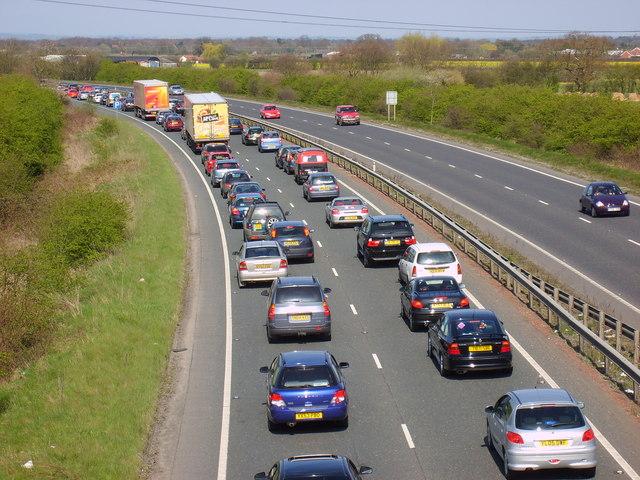When “working from home” becomes an indefinite new normal for millions—as what happened during the COVID-19 pandemic—what are the ripple effects on the communities they call home? Now, a new study by the National Center for Smart Growth and four Irish universities will examine the commuting patterns of three Irish “commuter towns” before and during COVID-19 to understand how a widespread pivot to telecommuting impacts both people and place.
The two-year study, entitled “InPLACE: Investigating Place, Planning and Commuting,” hopes to shed light on the implications of various levels of commuting—from traffic-heavy pre-pandemic conditions to the stay-at-home orders of COVID-19—on the fabric of communities, including economic development, street use and greenspaces, demographics, policymaking and housing stock. The study will use demographics, spatial patterns and information from key stakeholders in the case study locations to create a snapshot of commuting impact. Best practices and place-based interventions will offer potential policy and planning responses.
“When people don’t have to worry about a daily two-hour commute, it can open up a lot of doors for where they can live,” said Gerrit Knaap, director of the National Center for Smart Growth and a co-PI on the study. “But for agencies and planners, it creates a lot of questions. Does it create new housing or infrastructure demands? How does it impact local businesses and traffic patterns? This hasn’t been extensively studied.”
A collaboration between the National Center for Smart Growth, University College Dublin, Maynooth University, Mary Immaculate College and Ulster University, the study is part of an ongoing Ireland-U.S. partnership called the International Centre for Local and Regional Development, which explores the use of spatial planning and social and economic development to strengthen relationships in Ireland and abroad.
While it is unclear what the future workplace will look like, researchers hope that the study will help local authorities better understand the impact of commuting on community, and help them plan for the evolving relationship between home and work.
“What this study will do is look at how these potential work trends impact towns and communities on the ground level and, ideally, will inform future policy and planning strategies,” said Knaap. “While the initial focus is on three settlements in Ireland, it’s findings are traversal, and will help understand best practices in terms of promoting more sustainable relationships between home and workplace, taking account also of any transferable lessons from the COVID-19 disruption in, and reshaping of, those relationships.”

